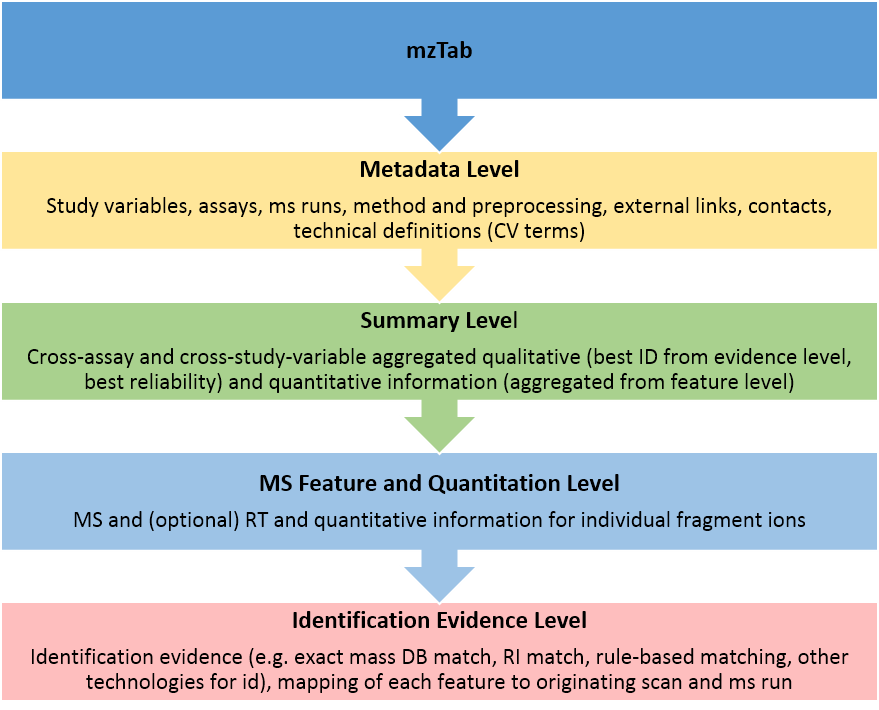This virtual reporting checklist summarises key details of all steps of lipidomic workflows, such as how to collect and store samples, extract lipids, perform mass spectrometric analysis, perform data processing, and how to report results (see related commentary). This questionnaire will create a PDF document that may be linked to any study containing lipidomic data. The aim is to give editors and reviewers an easy overview regarding the quality and completeness of lipidomic data, to further harmonise the field, and to improve the quality of lipidomic analyses. When using the reporting checklist, please cite the checklist.
Go to 'Reporting Checklist' server
Citing the checklist
Please reference the minimal reporting checklist by citing the following publication:
McDonald, J.G., Ejsing, C.S., Kopczynski, D. et al. Introducing the lipidomics minimal reporting checklist Nature Metabolism 4(9), 1086-1088 (2022). https://doi.org/10.1038/s42255-022-00628-3
Kopczynski, D., Ejsing, C.S., McDonald, J.G.et al. The lipidomics reporting checklist a framework for transparency of lipidomic experiments and repurposing resource data Journal of lipid research 65(9), (2024). https://doi.org/10.1016/j.jlr.2024.100621



